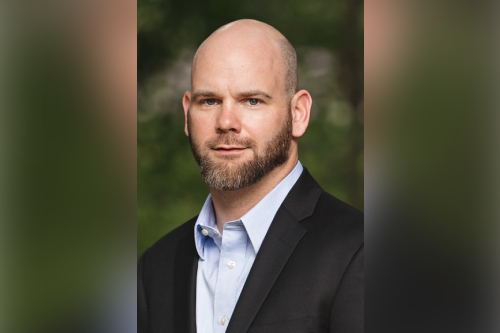Listening not only to the actual answers but how they are provided will give recruiters a leg up: expert

As HR professionals and recruiters grapple with the growing reality of video interviews, many can learn from the techniques practiced by forensic interviewers to gain a more fulsome picture of a candidate, says one expert.
“One of the often unrecognized benefits of the virtual interview is it gives us fewer variables to address during the interview. And because it gives us fewer variables, it should allow us to dedicate more attention and cognitive resources to the variables we do have,” says Michael Reddington, president of InQuasive, an interview consultancy in Charlotte, N.C.
Forensic interviewing is a designation, much like a CPA (certified professional accountant) and “the goal is to designate elite expert interviewers who are able to conduct moral, legal and ethical interviews, successful interviews in any context across the public or the private sector,” he says.
“The test required to pass the designation is very thorough and includes legal considerations, cultural considerations, various techniques and approaches and understanding on how to conduct the interviews.”
As certified forensic interviewers, it’s about developing that contextual awareness to really listen and understand not just what somebody is saying, but the importance behind it, says Reddington.
“What are their real motivations? What are their real concerns? And how do we connect with somebody on a level that allows them to feel comfortable sharing truthful information with us so we can turn around and make the best decision for all parties involved?”
Listening not only to the actual answers but how they are provided will give recruiters a leg up, he says.
“One of the things that we will coach the interviewers to listen for, especially in the beginning, is just listen for lack of confidence. Is somebody providing an answer that a strong candidate should be comfortable with but the candidate sounds doubtful or appears to lack confidence in their response?”

Michael Reddington
Being aware of the interviewee’s home environment is also key to discovering the veracity and suitability of that person’s answers, says Reddington.
“Are there other distractions going on around them? Is the television on? Are their kids interrupting? Does the dog need to go out? We really do recommend that, whenever possible for remote interviews, the interviewers find that space where they can be completely focused and even put in headphones, so that way the answers are getting directly into their ears and it’s easier to hear.”
First steps
As an initial and important step, it’s recommended that hiring managers start the interview by establishing a behavioural norm, he says. That can mean asking basic questions about the person’s correct address and correct spelling of their name, for example.
“Those are answers that, for all intents and purposes, should be honest and they should be comfortable giving us because of course they want us to follow up,” says Reddington.
Once that behavioual norm has been established, the video interviewer can focus on exactly what is being said, he says.
“Especially in the virtual interviews, where we don’t have as much body language to observe, they should really start paying closer attention to the answers they are receiving. Do the answers include the necessary detail? Or are they too vague, in comparison to the behavioural norm? Did the candidate have to pause a really long time? Or did they not pause at all? And do either one of those indicate that maybe there’s some concern with the answer?”
Best practices
When asking questions of a candidate, simple is always best, says Reddington.
“The most common mistakes that interviewers make across disciplines, including HR managers during candidate interviews, are asking compound questions. Often, they might ask a question like ‘Please tell me about a time when you experienced conflict with another executive? What started the conflict? How did you resolve it? What was the end result on the long-term impact on the relationship?’ There’s just too many questions and it creates too many problems,” he says.
“That doesn’t mean ask a yes or no question. But if we can ask a question in six words or 14 words, we can probably ask it in six words.”
And don’t interrupt the candidate as this “can change the course of their answer and alter their impression of us,” says Reddington. “It’s very easy for an interviewer to change the mindset of a candidate, even if it’s only for a single answer, from ‘Let me tell the truth’ to ‘Let me satisfy the interviewer.’ What is the interviewer looking to hear?”
Now is a great time for recruiters to keep their pipelines filled with potential team members through remote hiring, says one expert, especially since most HR leaders are comfortable with people working from home even after the COVID-19 vaccine deployment.




